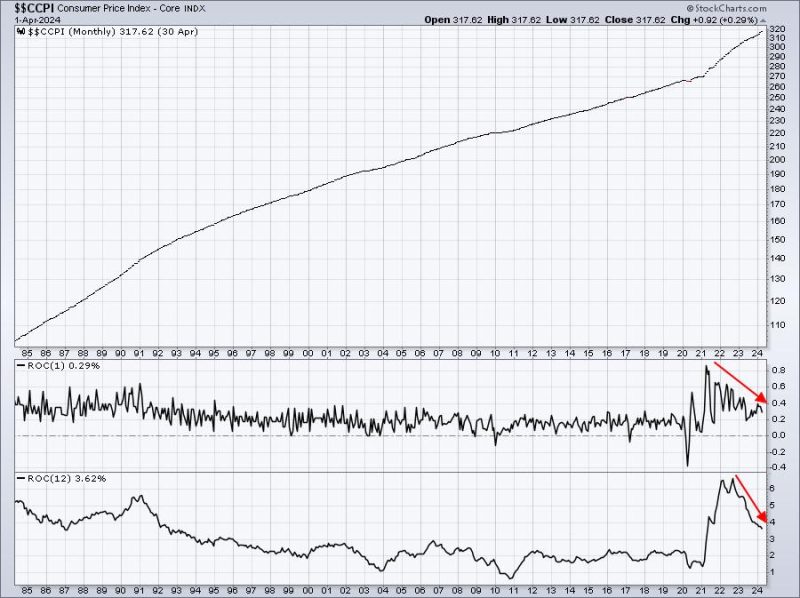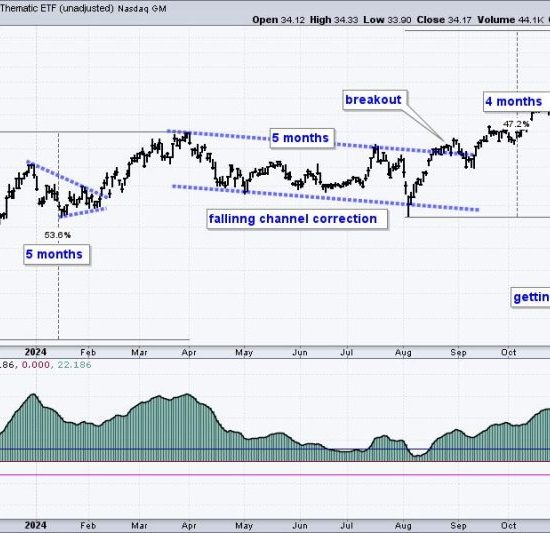The world of finance abounds with bulls and bears, each contributing to the vitality and vigor of the marketplace. The term ‘bull’ refers to the investor who is upbeat about the future market situation and speculates a rise in stock prices. On the other hand, a ‘bear’ is a pessimist foreseeing a future downfall in the shares’ prices. In the summer of 2021, a significant problem is lurking in the shadows for the bulls. This considerable issue revolves around the potential hike in interest rates, which could send unsettling tremors through the bullish market.
Central banks worldwide have noted a burgeoning recovery in global economies as they bounce back from the devastating effects of the COVID-19 pandemic. With this rebound, inflation concerns have been reignited, putting central banks on high alert. Should inflation spiral out of control, central banks will have no choice but to increase interest rates. With the prospect of rising interest rates, the bulls are faced with a potentially severe problem.
High-interest rates are anathema to the bullish market for several reasons. For starters, when the interest rates are increased, bonds and other fixed-income securities become more appealing to investors than equities. This shift from stocks to bonds precipitates a fall in demand for equities leading to a decreased market price for shares. Consequently, the market becomes less attractive to the bulls, disrupting their upward trajectory.
Additionally, higher interest rates make borrowing more costly for companies. As a result, businesses may curtail investment in capital projects, thus instigating a slowdown in corporate growth and profitability. This downturn in economic expansion has a ripple effect, engendering a decrease in stock prices. Once again, this is a particularly worrisome situation for the bulls, who thrive on an upward trend in share prices.
Increased interest rates can also lead to a decrease in consumer spending. When consumers have to pay more interest on their debt, their disposable income shrinks. As a result, consumption reduces, impacting companies’ revenues and, subsequently, their stock performance because of the decline in profitability.
Moreover, the anticipation of higher interest rates tends to be a self-fulfilling prophecy. A bullish investor, fearing the imminent rise of interest rates and the consequent drop in stock prices, may be prompted to sell their shares. This influx of equities in the market leads to a supply-demand imbalance, resulting in a downward pressure on share prices even before the interest rates are hiked.
Therefore, while the markets are preparing to don their sunny summer hats, the potential of a rise in interest rates might cast a long and unpleasant shadow over the bulls, threatening to turn the summer of gains into a season of losses. However, it’s crucial to remember that the market is an inherently unpredictable beast, and numerous other factors could influence the situation. These include but are not limited to geopolitical events, sector-specific trends, and the progress of the global pandemic recovery.
Regardless of the circumstances, the fundamental principles of investing hold true – diversification, long-term perspective, regular assessment, and managed expectations. By observing these guidelines, a bull might not just survive, but could potentially thrive in the summer of 2021, regardless of the specter of rising interest rates.




